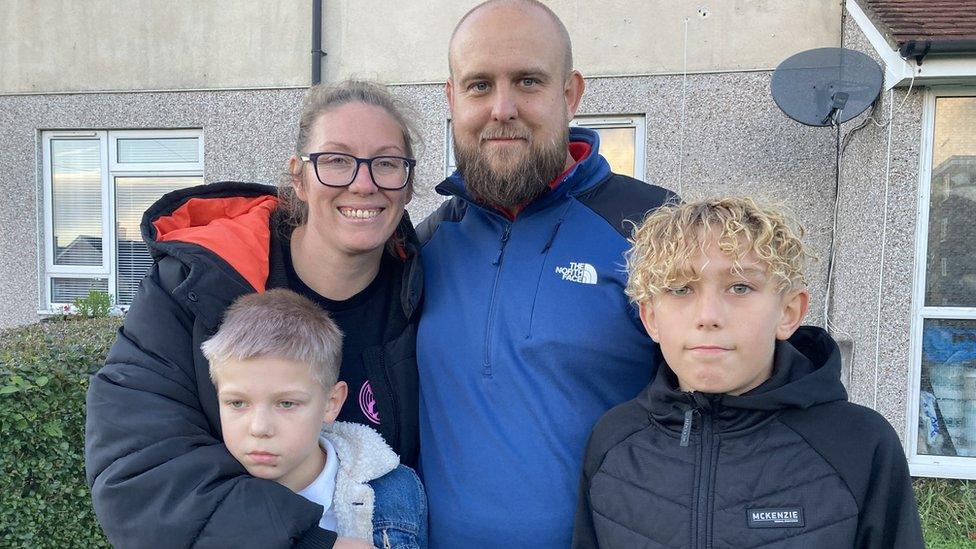Could a website help children with ADHD sleep?
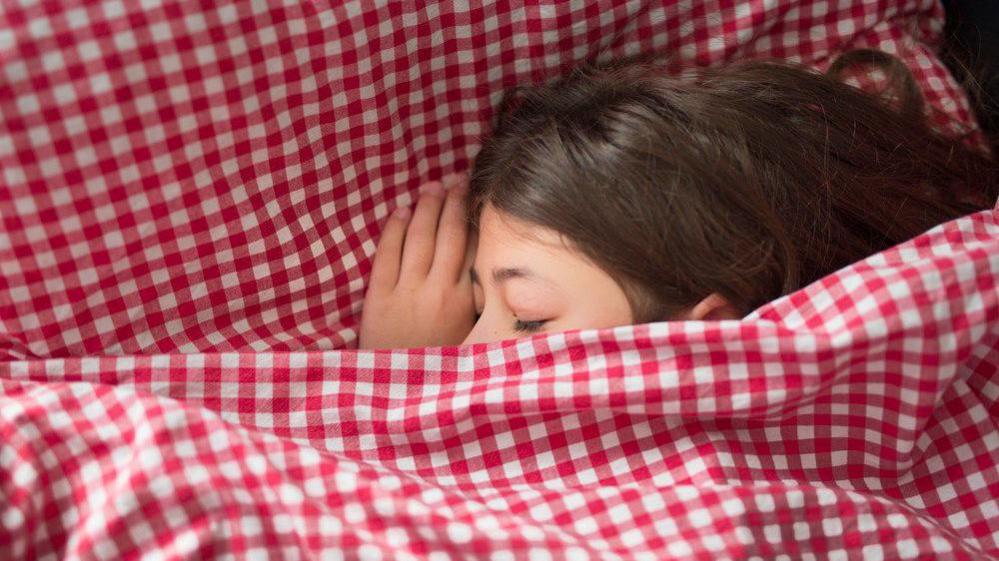
About 70% of children with ADHD struggle with sleep at some point
- Published
Families of children with attention deficit hyperactivity disorder (ADHD) who struggle to sleep are needed to take part in a new study.
About 70% of youngsters with the condition experience sleep deprivation at some point.
The research, carried out at University Hospital Southampton, involves families using a website called Sleep Buddy that gives information and advice about methods to address a lack of sleep.
"I've heard parents say 'this is torture' because if a child can't sleep, then very often the rest of the family can't sleep either," said Cathy Hill, a professor of paediatric sleep medicine.
More news from Hampshire
Boy and man bailed over weapon and explosives probe
- Published5 November
Cargo ship strikes moored boats after engine fails
- Published5 November
Final rehearsals take place for Remembrance parade
- Published5 November
"Children with ADHD have significant challenges. They're hyperactive, they can't pay attention, sometimes their behaviour may be difficult to control.
"If you add a lack of sleep into the mix, you can see how that is a real challenge to children and to their families."
"We know sleep deprivation has a massive impact on a parent's ability to work. It can affect relationships within the family. We've had parents who've had car accidents because they're driving tried."
Parents, carers and medical experts have all helped shape the Sleep Buddy website, which features quizzes, videos, exercises and tips to guide families through sleeping issues.
"The key message is it's flexible," said Prof Hill. "No family is exactly the same so the website is designed to meet the needs of different types of children and families."
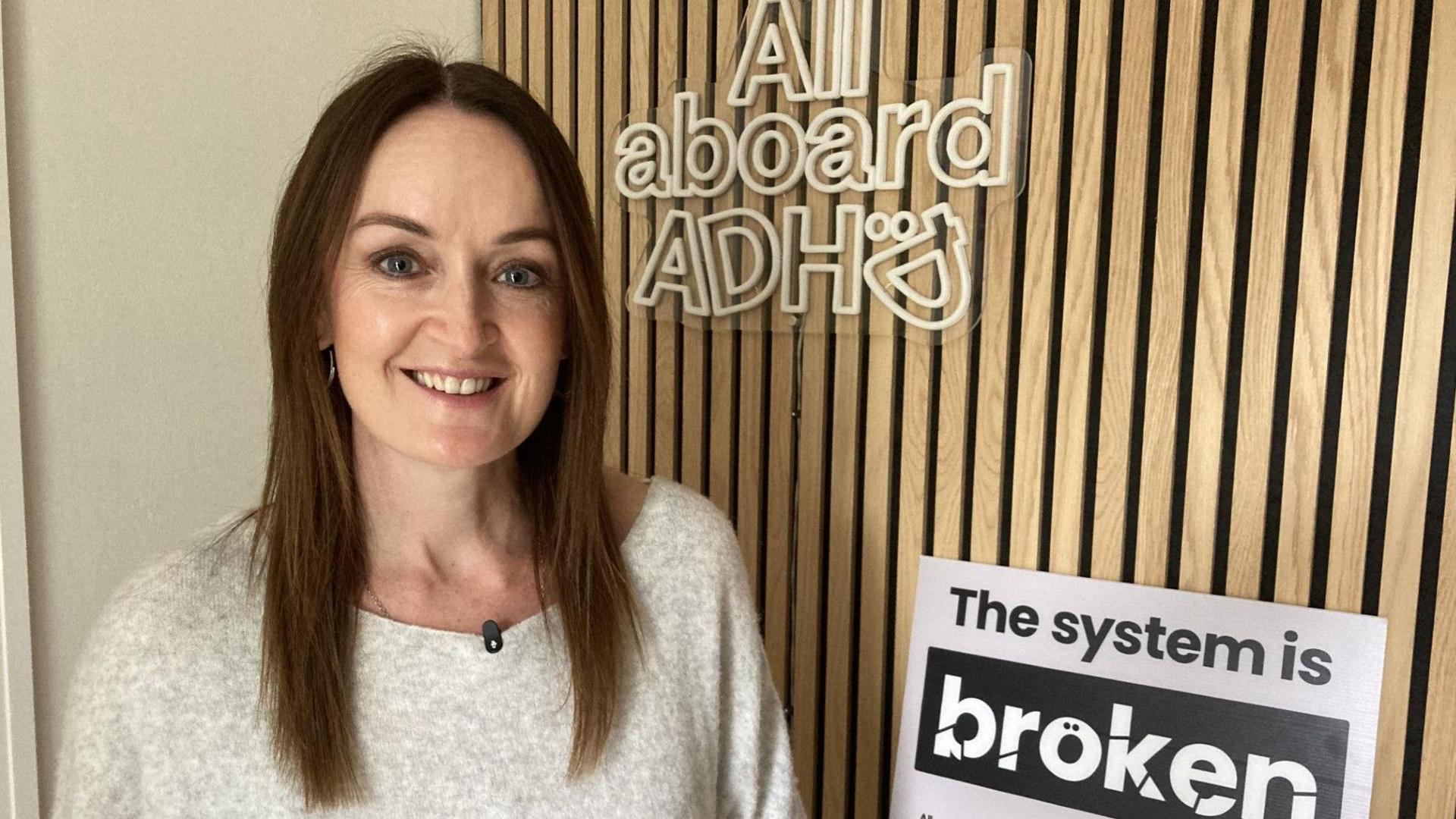
Claire Quigley Ward hosts the podcast All Aboard ADHD
The study has been welcomed by Claire Quigley Ward from Winchester, a mother of two children with ADHD and host of the podcast All Aboard ADHD.
"In those very tiring, exhausted moments as a parent, if I'd had something like this I could turn to, it would have made things so much easier," she said.
"Bedtimes can be challenging. A child might struggle to settle when their body has to stop moving but their mind wakes up.
"When you're tired as a parent and it's gone nine o'clock at night and you haven't eaten your dinner or sat down, it's difficult and it's caused many problems over the years."
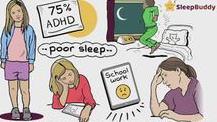
The study will see families get help and support from the Sleep Buddy website
After six months, families in the trial who have had access to the Sleep Buddy website will be assessed alongside those who have not.
The long-term aim is to develop a one-stop resource that is freely available to all parents and carers whose children with ADHD struggle to sleep.
Families of children aged 6-12 who are interested in participating in the study can find more information online., external
Get in touch
Do you have a story BBC Hampshire & Isle of Wight should cover?
You can follow BBC Hampshire & Isle of Wight on Facebook, external, X (Twitter), external, or Instagram, external.
Related topics
Related internet links
- Published23 October
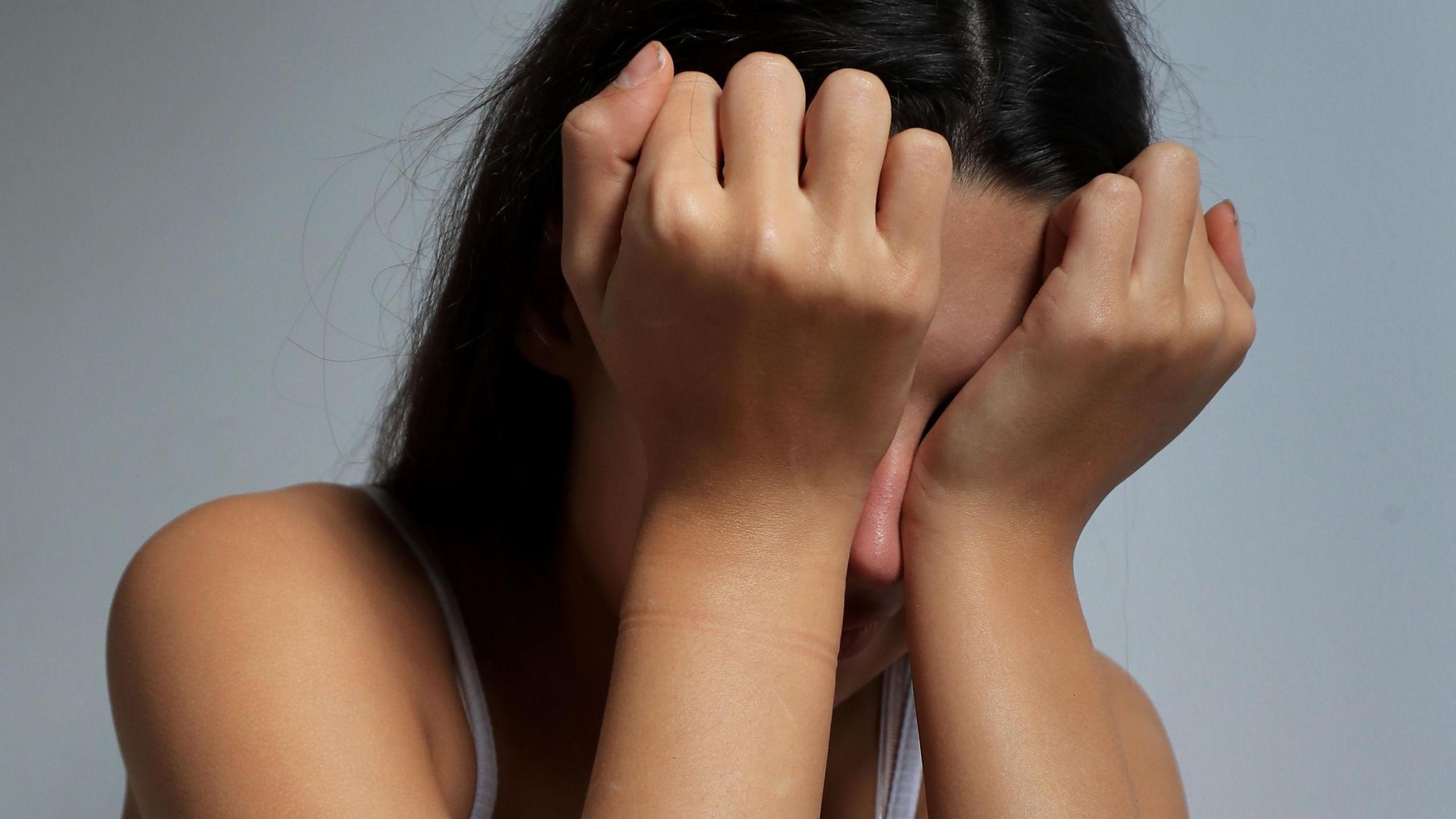
- Published10 November 2023
